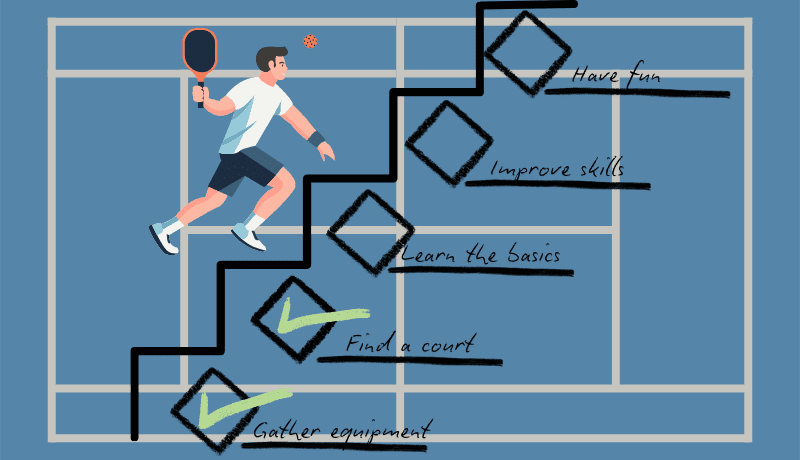The strange beginning of “The Checklist Manifesto”
“The Checklist Manifesto” book considers all possible errors to be caused either by ignorance or by ineptitude. This seems insufficient from any perspective.

The preface to “The Checklist Manifesto: How to Get Things Right” by surgeon Atul Gawande [1] contains a reference to the article “Toward a theory of medical fallibility” by philosophers Samuel Gorovitz and Alasdair MacIntyre [2]. This article says that it is required to see all scientific mistakes as caused by only two reasons:
What matters for our subsequent argument is that this understanding of the norms of natural science involves acceptance of one particular way of classifying scientific errors. For on this view all scientific error will arise either from the limitations of the present state of natural science — i.e. ignorance — or from the willfulness of negligence of the natural scientist — i.e. ineptitude. This classification is treated as exhaustive.
On the other hand, the book expands the view on errors. Now these are not only scientific errors, but any errors. Here is a quote describing their types:
The first is ignorance — we may err because science has given us only a partial understanding of the world and how it works. There are skyscrapers we do not yet know how to build, snowstorms we cannot predict, heart attacks we still haven’t learned how to stop. The second type of failure the philosophers call ineptitude — because in these instances the knowledge exists, yet we fail to apply it correctly. This is the skyscraper that is built wrong and collapses, the snowstorm whose signs the meteorologist just plain missed, the stab wound from a weapon the doctors forgot to ask about.
Was it the first time I read it, or even today I can’t understand how it was possible to exclude all other sources of errors? Even if you have knowledge and have the opportunity to apply it correctly, you can simply get tired or distracted. You can refuse to use knowledge due to pressure due to circumstances or lack of desire. You can fall under the influence of various distortions, which Daniel Kahneman and his colleagues described extensively in their books “Thinking, Fast and Slow” [3] and “Noise” [4]. There are plenty of opportunities to make mistakes, far more than ignorance or ineptitude.
What I agree with from the preface is that the complexity of human activity has increased significantly. I also agree that the first appropriate strategy for dealing with complexity is a checklist.
List of links:
[1] Atul Gawande “The Checklist Manifesto: How to Get Things Right”, ISBN 978-0312430009
[2] “Toward a theory of medical fallibility” by Samuel Gorovitz and Alasdair MacIntyre
[3] Daniel Kahneman “Thinking, Fast and Slow”, ISBN 978-0374533557
[4] Daniel Kahneman, Olivier Sibony, Cass R. Sunstein, “Noise: A Flaw in Human Judgment”, ISBN 978-0316451390



